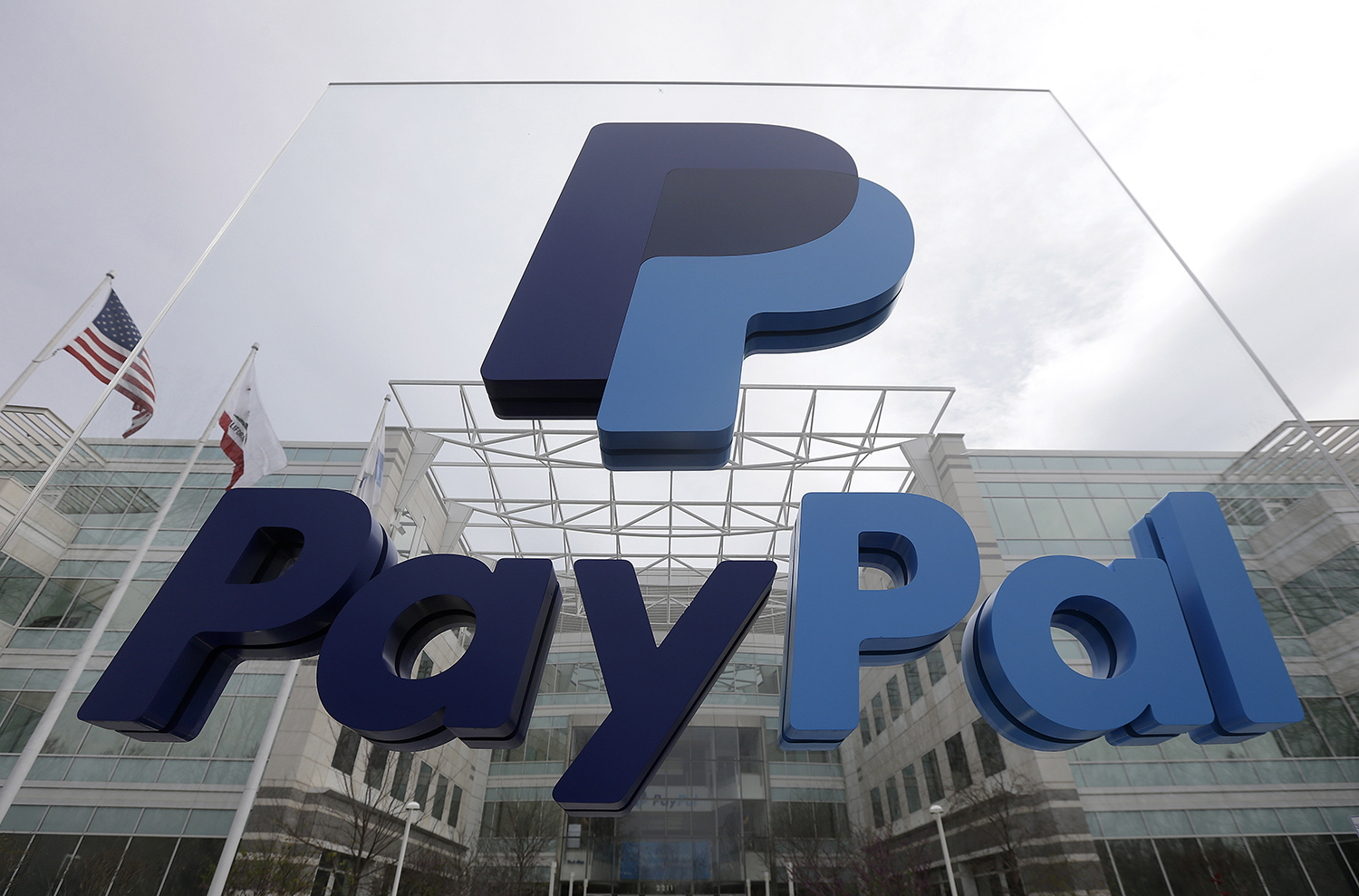PayPal faced criticism online for a policy that would have fined users $2,500 for spreading “misinformation” — a policy that the payment platform later said was released in error.
An “Acceptable Use Policy,” which the post said was to go into effect Nov. 3, included “prohibited activities” such as the “ending, posting, or publication of messages, content, or materials that meet certain criteria.” Anything that was found to “promote misinformation” would be punished with “liquidated damages” of $2,500.00.
But now, references to misinformation do not appear in the current policy, and a representative for PayPal said the post about the fine was made by mistake, as backlash mounted on Saturday.
PAYPAL REMOVES ‘GENDER CRITICAL’ ORGANIZATION FROM PLATFORMS, CITING HATE SPEECH

“An AUP notice recently went out in error that included incorrect information,” a PayPal spokesperson said. “PayPal is not fining people for misinformation and this language was never intended to be inserted in our policy. Our teams are working to correct our policy pages. We’re sorry for the confusion this has caused.”
Among those who levied criticism over the retracted post was former PayPal president David Marcus.
“It’s hard for me to openly criticize a company I used to love and gave so much to. But PayPal’s new AUP goes against everything I believe in,” Marcus tweeted. “A private company now gets to decide to take your money if you say something they disagree with. Insanity.”
It’s hard for me to openly criticize a company I used to love and gave so much to. But @PayPal’s new AUP goes against everything I believe in. A private company now gets to decide to take your money if you say something they disagree with. Insanity. https://t.co/Gzf8faChUb
— David Marcus (@davidmarcus) October 8, 2022
“Well, well… looks like PayPal spread misinformation about itself,” Christina Pushaw, campaign spokeswoman for Gov. Ron DeSantis, said in a tweet. “Maybe they should pay a $2,500 fine to all of us?”
Well, well… looks like PayPal spread misinformation about itself. Maybe they should pay a $2,500 fine to all of us? pic.twitter.com/5AjWTpDvYv
— Christina Pushaw ? ?? (@ChristinaPushaw) October 9, 2022
Sen. Tim Scott (R-SC) took to Twitter to say his office would investigate the matter further.
Allowing private companies to become thought police would be egregious and illegal overreach.
My office will be looking into the validity of PayPal’s new policy and taking any necessary action to stop this type of corporate activism.
— Tim Scott (@SenatorTimScott) October 9, 2022
“Allowing private companies to become thought police would be egregious and illegal overreach,” Scott tweeted Friday. “My office will be looking into the validity of PayPal’s new policy and taking any necessary action to stop this type of corporate activism.”
CLICK HERE TO READ MORE FROM THE WASHINGTON EXAMINER
The payment platform removed accounts over alleged hate speech earlier last month.
